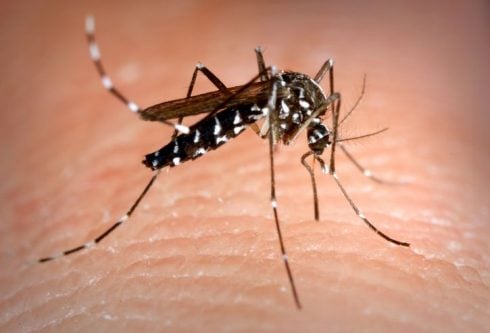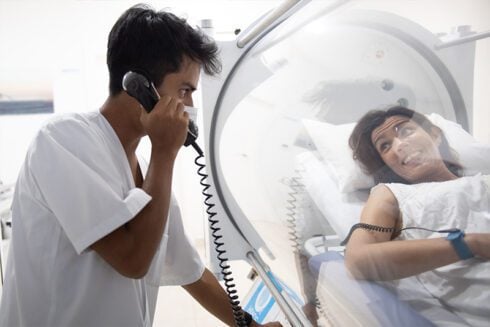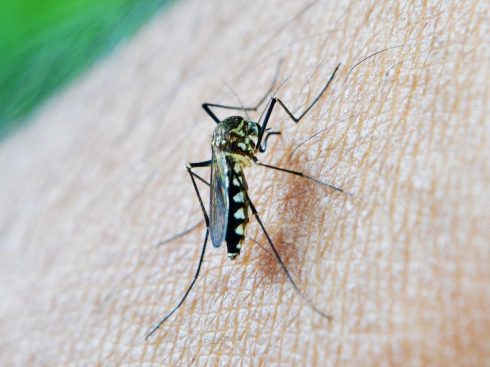HEALTH authorities in Sevilla are taking ‘unprecedented’ measures to battle the West Nile virus.
It comes as the number of mosquitoes carrying the disease continues to soar, and after two elderly people died from the virus in recent weeks.
Amid fears of an epidemic, the Sevilla City Council today announced an investment of €25,000 into contagion measures.
READ MORE: What is the West Nile virus? All you need to know
Health councillor Silvia Pozo said the amount was ‘unprecedented’ and that the new plan would begin next week.
Pozo said: “We have invested €25,000 in an unprecedented plan for our city, aimed at the identification and capture of mosquitoes that transmit this virus, to minimise the impact and risk of diseases among our residents. Work will begin next week.”
Workers will essentially be ramping up protocols that have already been in place for months.
Pozo said: “Since April we have been developing preventive work in the stagnant waters of the city, one of the main sources of concentration of these mosquitoes.

“To prevent the spread of these insects, we have applied larvicides in all municipal swimming pools, ponds and public fountains.”
Larvicides are a type of insecticide that kill mosquitoes before they grow into biting adults.
They do not harm people, pets, or the environment, according to the Centre for Disease Control.
The City Council has also published a guide on West Nile virus and how to reduce one’s risk to exposure.
Pozo added: “The health of the people of Sevilla is our priority, and we continue to work to protect everyone, with effective measures and preventive treatments that help us minimise the impact of this virus among the people.”
It comes after residents in La Puebla del Rio, Sevilla, took to the streets on Monday to demand a plan of action from the Junta de Andalucia, including new protocols in hospitals.
It followed the death of an 86-year-old from the disease, which is transmitted by tiger mosquitos, on July 20 this year.
Juan Jose Sanchez Silva, who is the spokesman for the La Puebla del Rio residents’ association, warned that ‘this is going to get worse and will become an epidemic.’
He said the recent death was the ‘first of many’.

Speaking at the rally, he said: “This is the first demonstration and I am going to go to all the affected towns and wherever I have to go to try to get everyone to listen to us, and we will take it to the Junta de Andalucia and wherever it needs to be taken to.”
While the West Nile virus has been present in mosquitoes for years in Andalucia, the number of cases is climbing and Sanchez Silva says the situation this year is ‘more serious’.
“The weather is changing and bird migrations are more frequent, and they are the ones that bring the virus,” he added, “I think that is the cause of this whole problem.”
He said that current fumigation protocols are ‘not the solution.’
There are no current vaccines against the West Nile virus, with people simply advised to lower their risk to mosquito bites.
Sanchez Silva said: “There is a vaccine that is in a third phase, but for economic reasons it was left behind…
“We ask that the vaccine be made because this is an epidemic. This is going to become an epidemic. We must act now.”
He thanked the local town halls and the City Council of La Puebla for their work in battling the disease.
He added: “This is not about any political colour, this is about the fact that there is a mosquito that is infected by a virus and if it bites you it can kill you.
“This has no class, no colour, this is a mosquito that bites you and kills you.”
Andalucia’s health ministry has confirmed two deaths from the disease so far this summer. They include an 86-year-old woman from La Puebla del Rio, who was admitted to Virgen del Rocio hospital, and a 71-year-old woman, a resident of Dos Hermanas.
Over the past week there have been at least four new confirmed cases of the infection, made up of three residents of La Puebla del Rio and another from Los Palacios y Villafranca.








